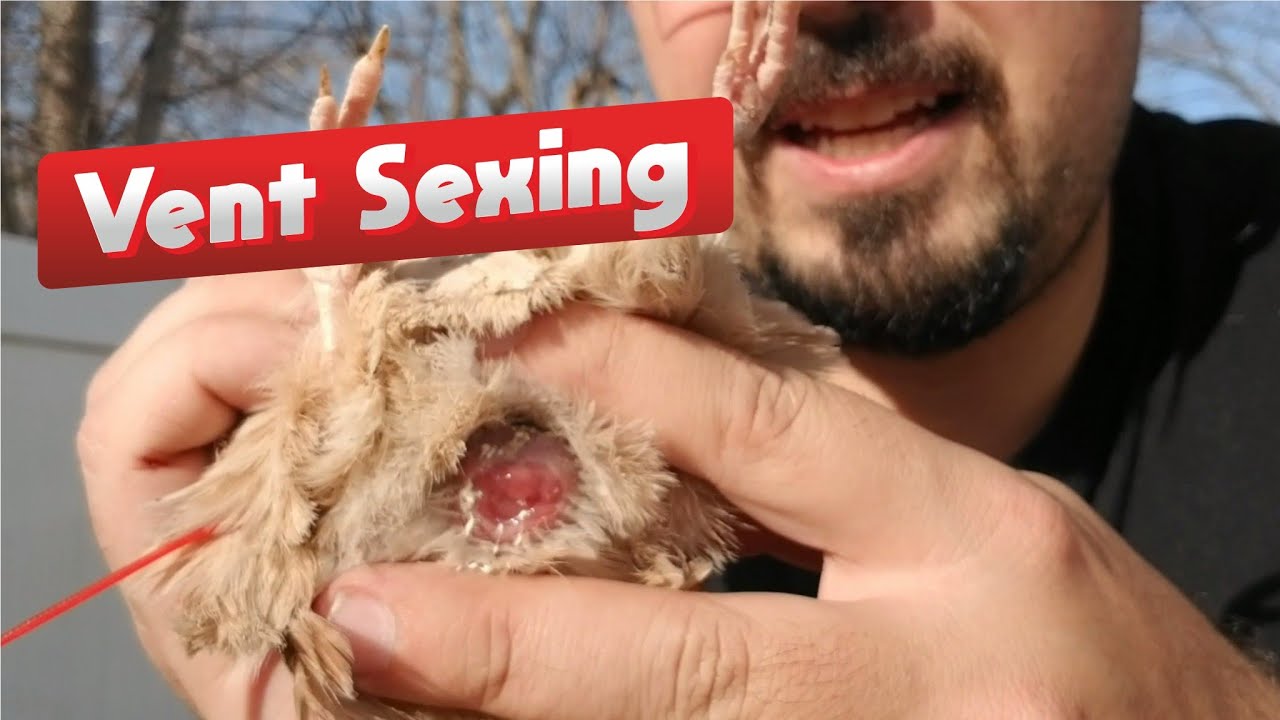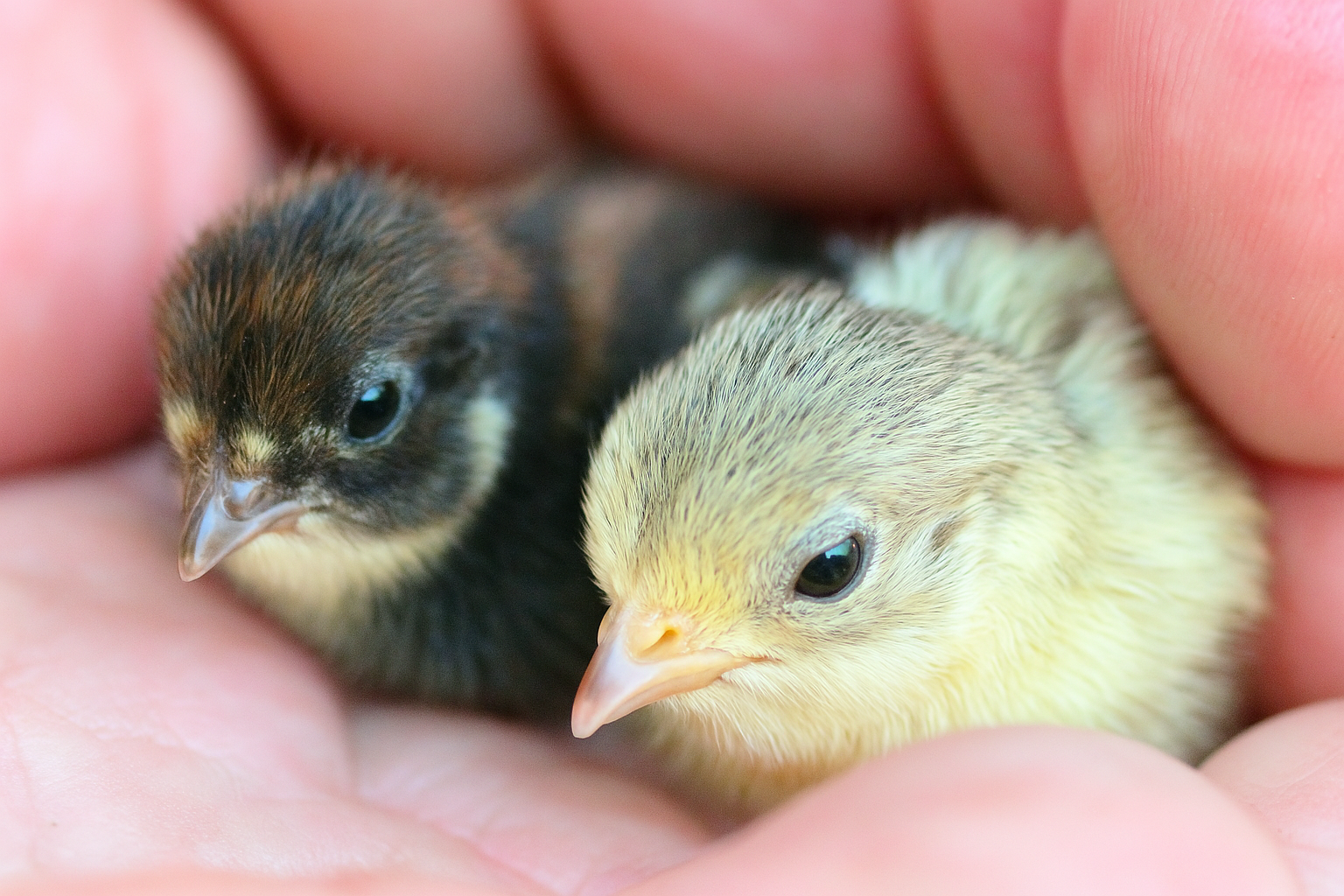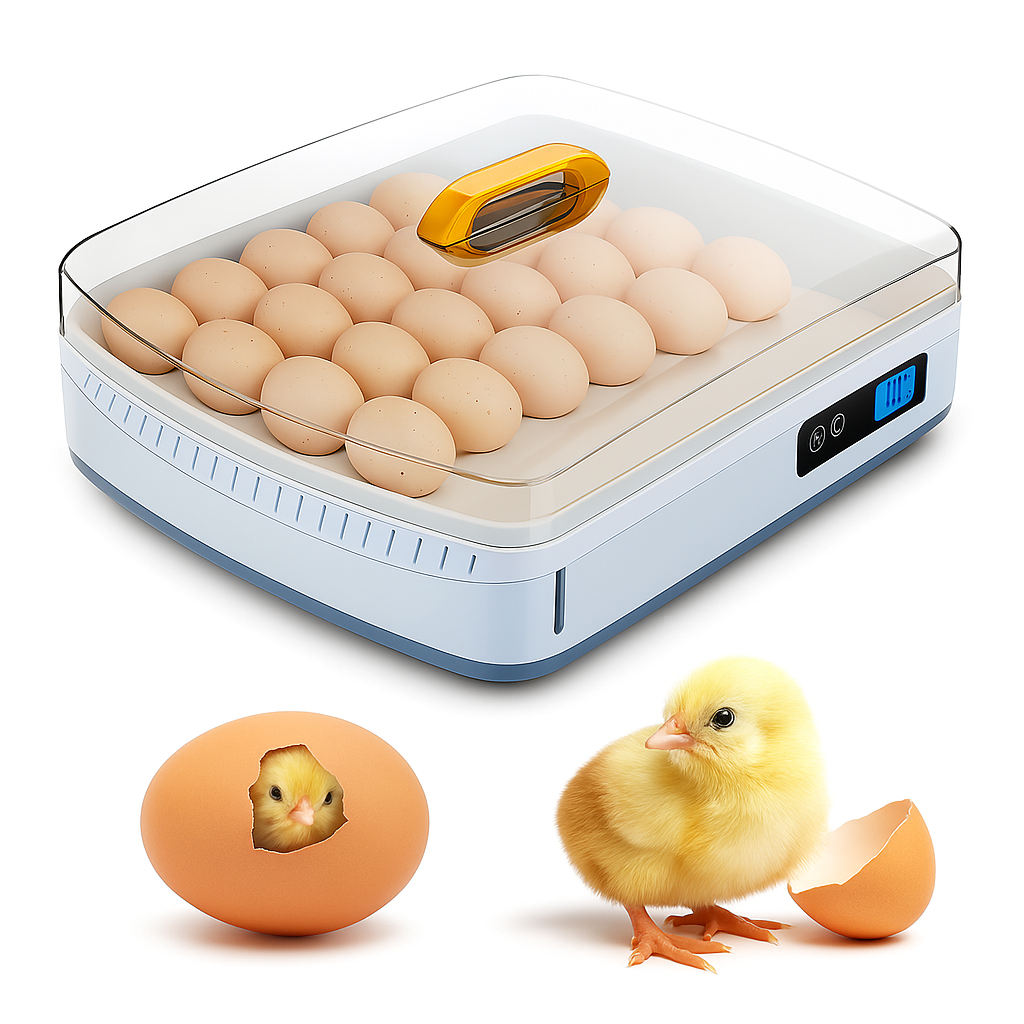How to vent sex quail

Vent sexing is a reliable method for determining the sex of quail, especially in species where males and females have similar feather coloration. This technique involves examining the quail's cloaca (vent) for specific characteristics indicative of their sex.
How to Vent Sex
hold the quail upside down, ensuring minimal stress to the bird. Carefully part the feathers around the vent area to obtain a clear view. Males possess a small bulge or gland located just above the vent. When gently pressed, this gland excretes a white, foam-like substance. This foamy secretion is a distinguishing feature of male quails. Females lack this foam-producing gland. Their vent area appears smoother and without the bulge present in males.
What age can i start vent sexing?
This method becomes reliable when quail reach sexual maturity,
typically around
6 weeks of age. At this
stage, males develop a distinctive gland above the vent that
secretes a white, foam-like substance when gently pressed, while
females lack this gland. Attempting to vent sex quail before
they are sexually mature can be challenging and may not yield
accurate results, as the distinguishing features are not yet
developed. Therefore, it's advisable to wait until quail are at
least six weeks old before using vent sexing to determine their
sex.
Heres a video on how to vent sex quail

How to raise qauil chickens

What incubator should i pick?
Incubating quail eggs requires a specialized incubator that maintains precise temperature and humidity levels to ensure successful hatching. Quail incubators come in various designs, from small tabletop models suitable for beginners to larger cabinet-style units ideal for commercial operations.
Read more